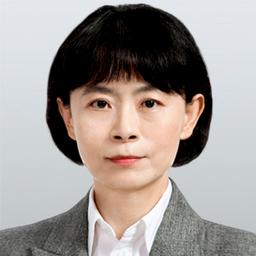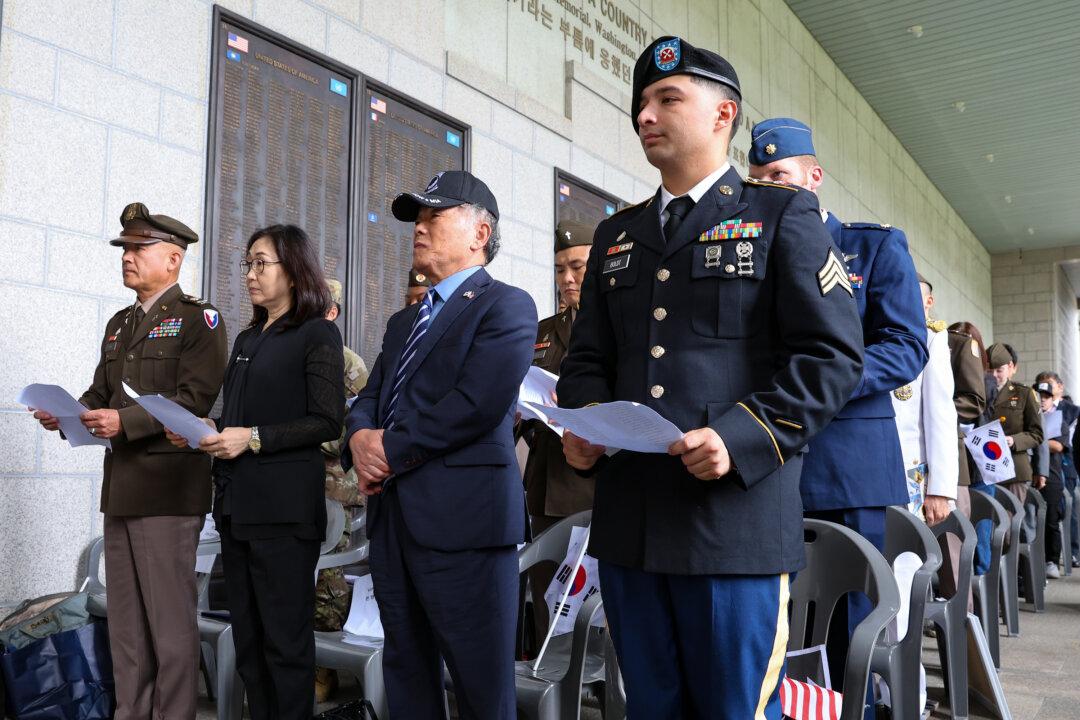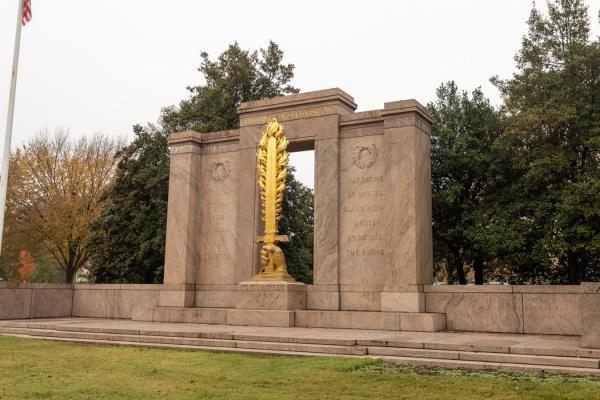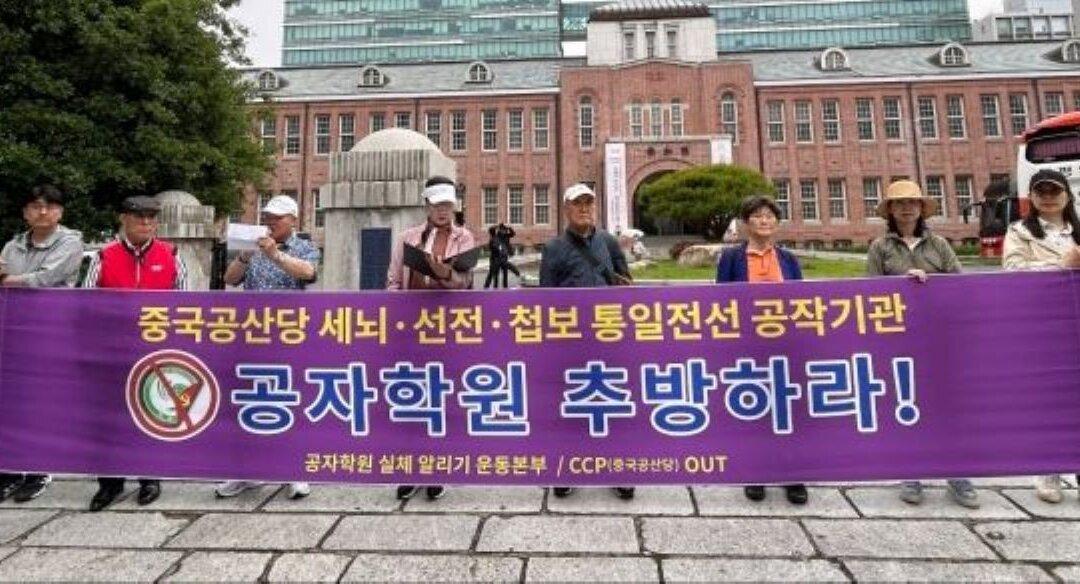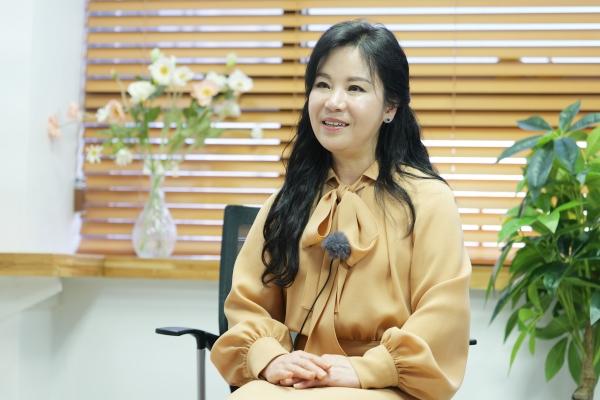A 17-year-old Aiko Kawasaki went aboard the ship leaving for North Korea from the harbor of Niigata, Japan. As her parents begged her in tears not to leave, she insisted on going and promised them that they would see each other a year later in “an earthly paradise”—North Korea.
Kawasaki told The Epoch Times that at the time, she was full of hope, believing that she would live a better life in North Korea than in Japan, without poverty and discrimination. However, as soon as she arrived at North Korea’s Chongjin Port, she immediately felt “deceived.” But it was too late.

